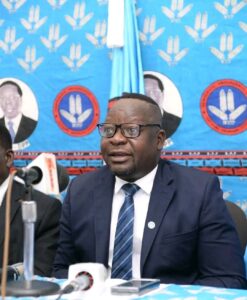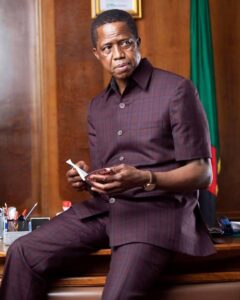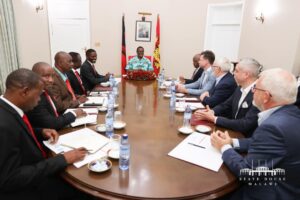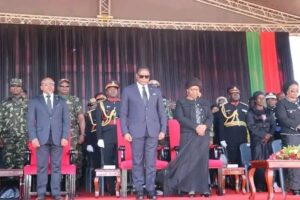Democracy in Africa, As Exemplified By Rwanda’s Evolving Phenomenon
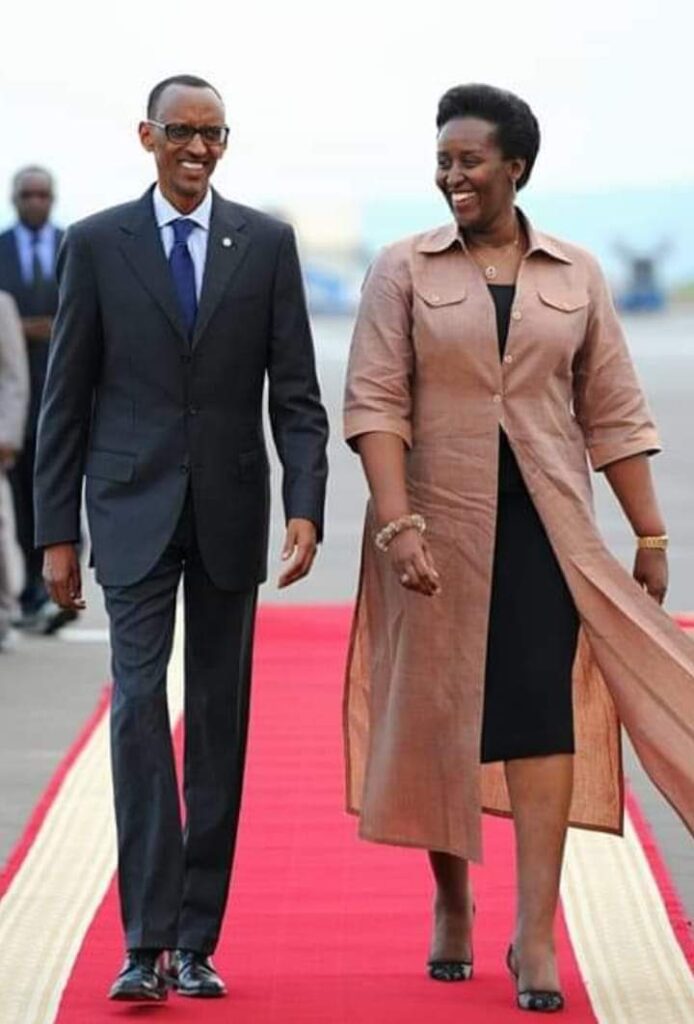
Democracy in Africa is a complex topic with various nuances and challenges, and examining Rwanda’s experience provides valuable insights into the evolution of democratic processes in the continent.
Led by the former war-lord, Paul. Kagame, Rwanda, a small country in East Africa, has garnered attention for its unique approach to governance and reconciliation following the devastating genocide in 1994.
Several journals has illustrated the concept of democracy in Africa to have often been associated with Western ideals, but countries like Rwanda have shown that the government of the people by the people can take different forms based on historical and cultural contexts.
In the case of Rwanda, government has implemented a model of consensual democracy known as “Umuganda,” which emphasizes community involvement and grassroots participation in decision-making processes.
One of the recent Africa Union reports states that the key elements of Rwanda’s democratic system is the promotion of unity and reconciliation among its diverse population following the genocide that claimed the lives of nearly one million people, the government has prioritized efforts to foster a sense of national identity and collective responsibility for moving forward.
“Through initiatives such as the National Unity and Reconciliation Commission, Rwanda has made significant strides in promoting social cohesion and healing the wounds of the past,” reads part of the AU recommendations.
However, the UN Women illustrated the aspect of democracy in Rwanda where the emphasis on women’s empowerment and gender equality as a driving force.
“The country has one of the highest rates of female representation in parliament globally, with women holding more than half of the seats. This commitment to gender equality not only reflects Rwanda’s progress towards a more inclusive society but also showcases the importance of diverse perspectives in shaping democratic processes,” states the UN Women
Despite these achievements, Rwanda’s democratic journey is not without challenges. Civil Society Organizations have raised concerns about political repression, restrictions on freedom of speech, and limitations on opposition activities.
While the government argues that these measures are necessary for ensuring stability and preventing a return to violence, they have also sparked debates about the balance between security and civil liberties in a democratic society.
The African Union report on human rights describe, democracy in Africa, as exemplified by Rwanda, being a dynamic and evolving phenomenon that requires a nuanced understanding of local contexts and histories.
By prioritizing unity, reconciliation, and inclusivity, Rwanda has made significant progress in rebuilding its society and fostering democratic values. However, ongoing challenges highlight the need for continued dialogue and engagement to strengthen democratic institutions and uphold fundamental rights for all citizens.
